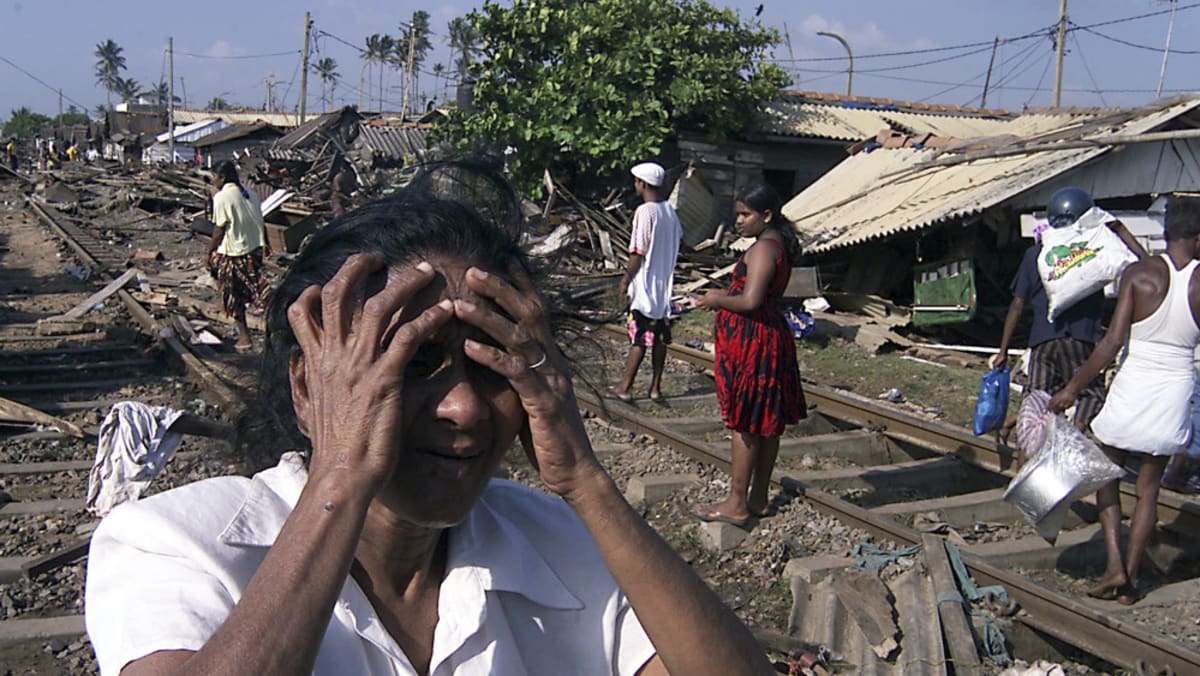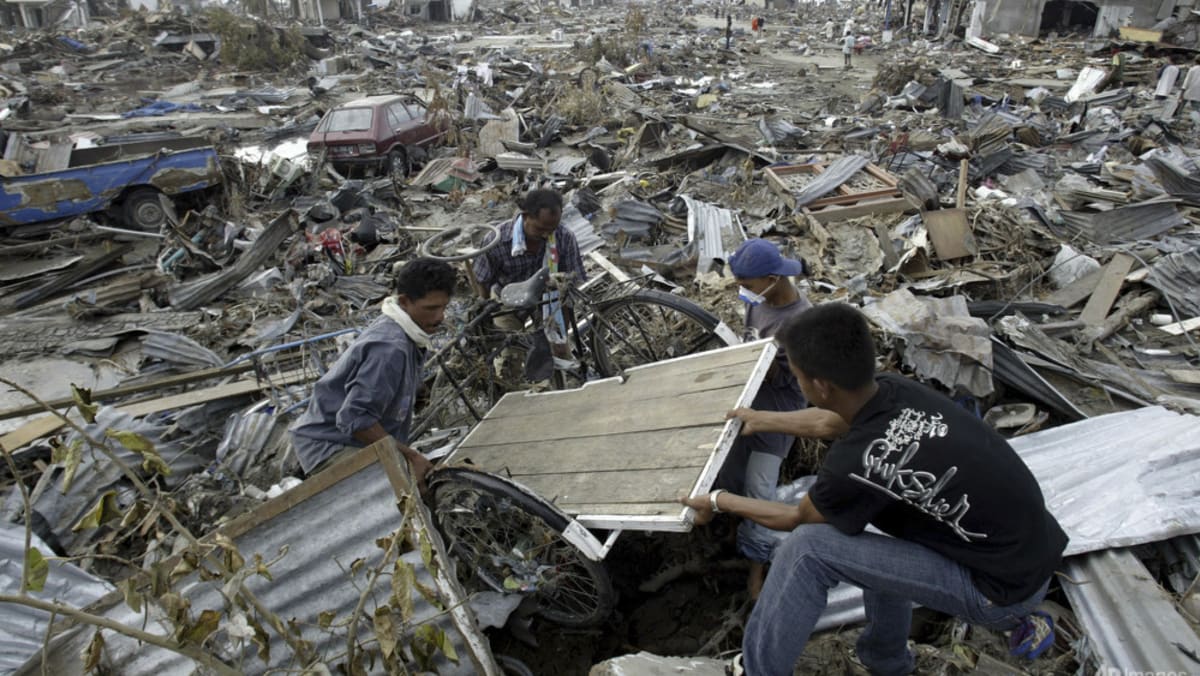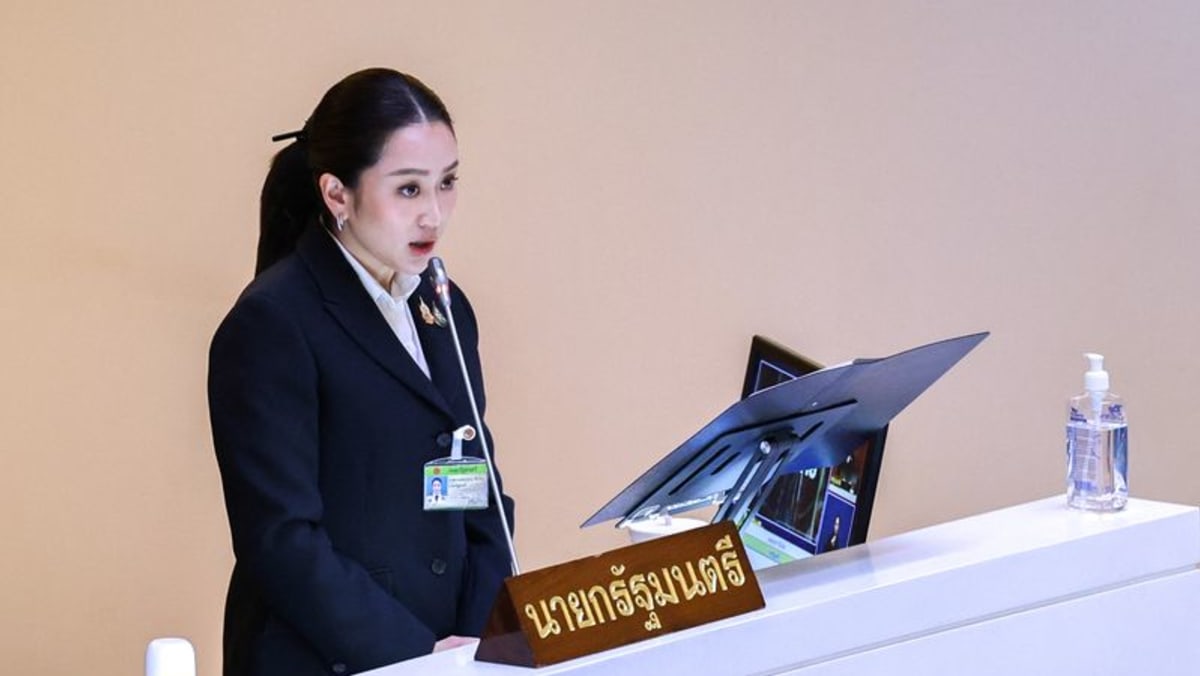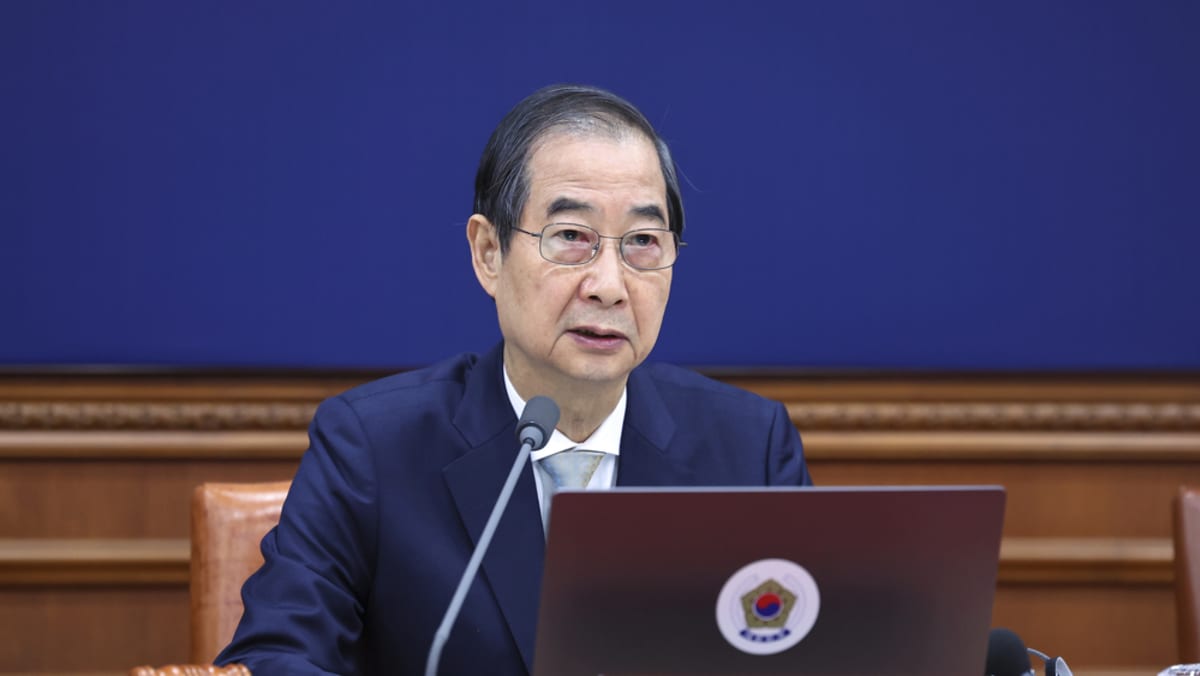A year after 31 died in landslide near Genting Highlands, wounds remain raw and questions unanswered
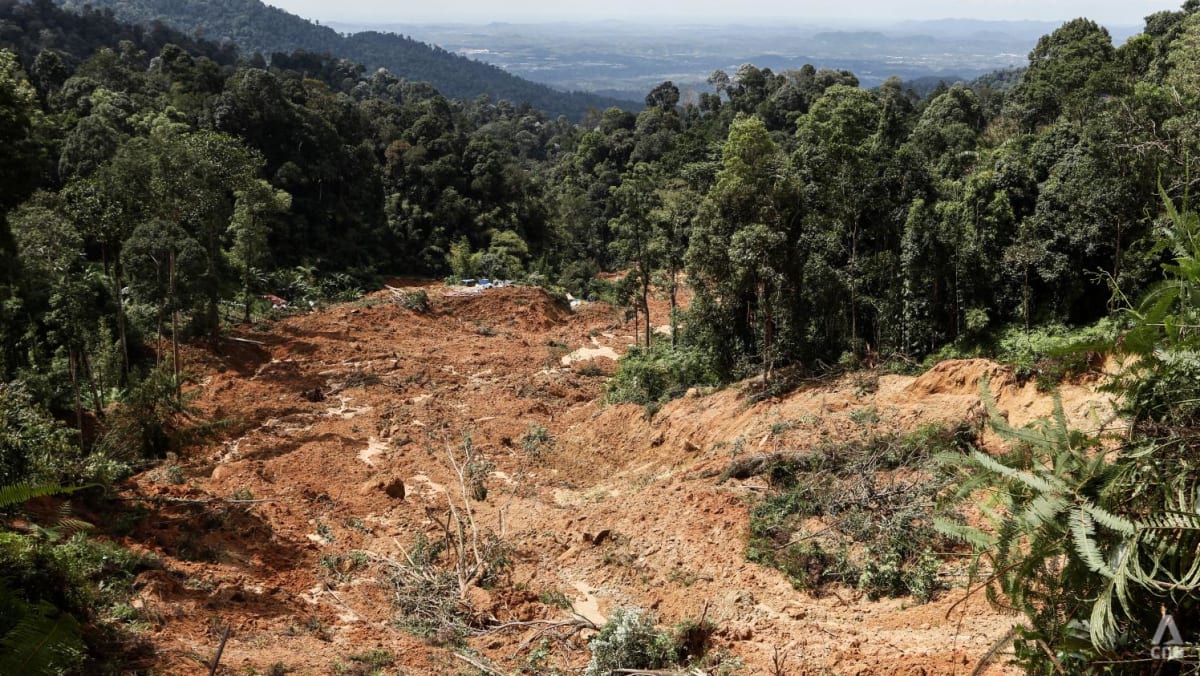
On Saturday before noon, Mr Ling got to Sungai Buloh hospital and heard the news he was dreading.
Doctors told his sister-in-law that there was a DNA match with one of the bodies brought in, but she could not verify this from a picture of the deceased provided to her.
Mr Ling took one look at the photo and knew that it was his wife. “She always sleeps next to me, so I can see,” he said, falling silent.
He entered the morgue and confirmed that it was his wife. “I asked if I could take her out, because it was cold in there and I knew she was afraid of the cold,” he said.
An hour later, Ms Liu’s body was released. Mr Ling said according to Chinese custom, the spouse of a deceased should not follow the vehicle carrying the deceased to the crematorium. But he did not take heed.
“I don’t care about this, because my wife is already like this, so I followed her. I didn’t want her to be alone,” he added.
Present day: Anger, sadness and absence of closure
The rescue operation lasted nine days, only stopping at around midnight each day for the weary excavator operators to rest, until all 31 bodies were found. The final victim – a boy wrapped in a sleeping bag – was found on Saturday just before 5pm.
In the months that followed, the report recommended the development of a slope hazard and risk map for state roads, with regular inspections and maintenance of road assets carried out periodically.
The report also called for the enforcement of a law and guidelines covering camping and recreational sites.
“Without substantial evidence linking specific human activities to the landslide, it is reasonable to consider it as primarily a result of natural failure,” the report concluded, noting that slope or road maintenance was done according to schedule.
Source: CNA




